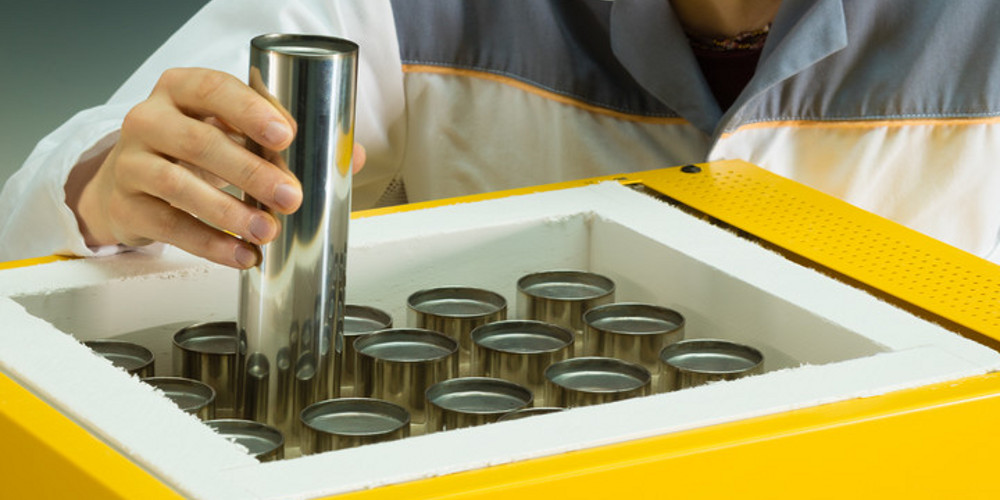From pv magazine Germany.
The Fraunhofer Institute for Ceramic Technologies and Systems (IKTS) will present its newly developed “cerenergy” ceramic high-temperature battery for stationary battery storage at the Energy Storage Europe 2019 show, in Düsseldorf, Germany.
Cerenergy is a 5 kWh battery with 20 cells, the fair’s organizer Messe Düsseldorf said. The costs at cellular level would be less than €100/kWh – about half those of lithium-ion battery cells. Cerenergy therefore sets a world record for sodium-nickel-chloride battery cells, according to Messe Düsseldorf, with the module said to be ready for production in the months ahead.
The operating temperature of ceramic battery solutions is 300 degrees Celsius and it can be efficiently and economically operated using vacuum insulation, Fraunhofer IKTS said, meaning air conditioning is not necessary even in extreme ambient temperatures.
Overall efficiency is reported to be more than 90% and energy density is 130 W/kg.
“The sodium nickel chloride battery is essentially based on common salt – there is hardly a cheaper and more readily available raw material,” explained Roland Weidl, head of department at Fraunhofer IKTS. “And we also completely dispense with rare earths or other strategic raw materials.”
The principle of the technology has been known since the 1990s and it has now become possible to adapt the technology for applications to PV home storage. Another essential component of the battery is a ceramic sodium ion-conductor based on aluminum oxide, nickel and iron.
Energy Storage Europe 2019 will take place from March 12-14.
This content is protected by copyright and may not be reused. If you want to cooperate with us and would like to reuse some of our content, please contact: editors@pv-magazine.com.




1 comment
By submitting this form you agree to pv magazine using your data for the purposes of publishing your comment.
Your personal data will only be disclosed or otherwise transmitted to third parties for the purposes of spam filtering or if this is necessary for technical maintenance of the website. Any other transfer to third parties will not take place unless this is justified on the basis of applicable data protection regulations or if pv magazine is legally obliged to do so.
You may revoke this consent at any time with effect for the future, in which case your personal data will be deleted immediately. Otherwise, your data will be deleted if pv magazine has processed your request or the purpose of data storage is fulfilled.
Further information on data privacy can be found in our Data Protection Policy.